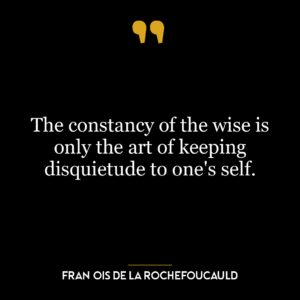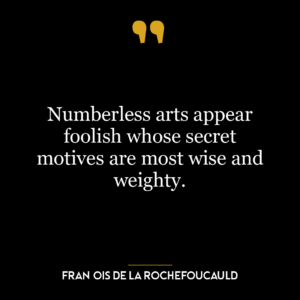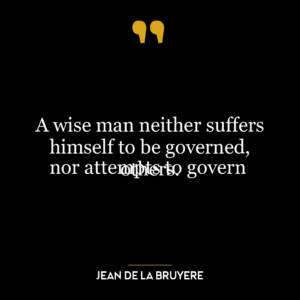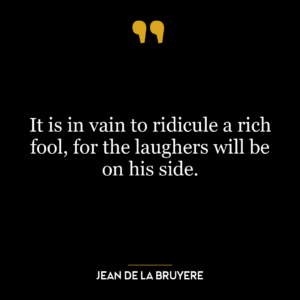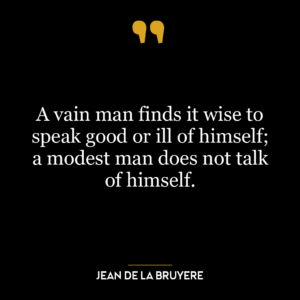This quote implies that a wise person is aware of their own mistakes and flaws, but they are often invisible to others. The wisdom here lies in the self-awareness and introspection that allows one to recognize and acknowledge their own follies. This self-knowledge is a mark of wisdom because it requires humility, honesty, and courage. It’s easy to see the mistakes of others, but much harder to admit our own.
In contrast, those who are not wise may not recognize their own follies. They may be oblivious to their own shortcomings or may choose to ignore them. Therefore, their follies may be obvious to others but hidden from themselves.
In today’s world, this quote is highly relevant. We live in a society that often encourages us to project a perfect image, whether it’s on social media, at work, or in our personal lives. Many people are more concerned with appearing flawless to others than with recognizing and addressing their own flaws.
In terms of personal development, this quote suggests that true growth and maturity come from self-awareness and introspection. It’s about being honest with ourselves about our weaknesses and mistakes, and then working to improve. It’s about striving for self-improvement, not perfection, and understanding that everyone, even the wisest among us, has flaws.
Moreover, it can also be seen as a call for empathy and understanding towards others. If we acknowledge our own follies, we are more likely to be patient and forgiving towards the follies of others. After all, we are all human and we all make mistakes. It’s how we learn from these mistakes that truly defines our wisdom.









